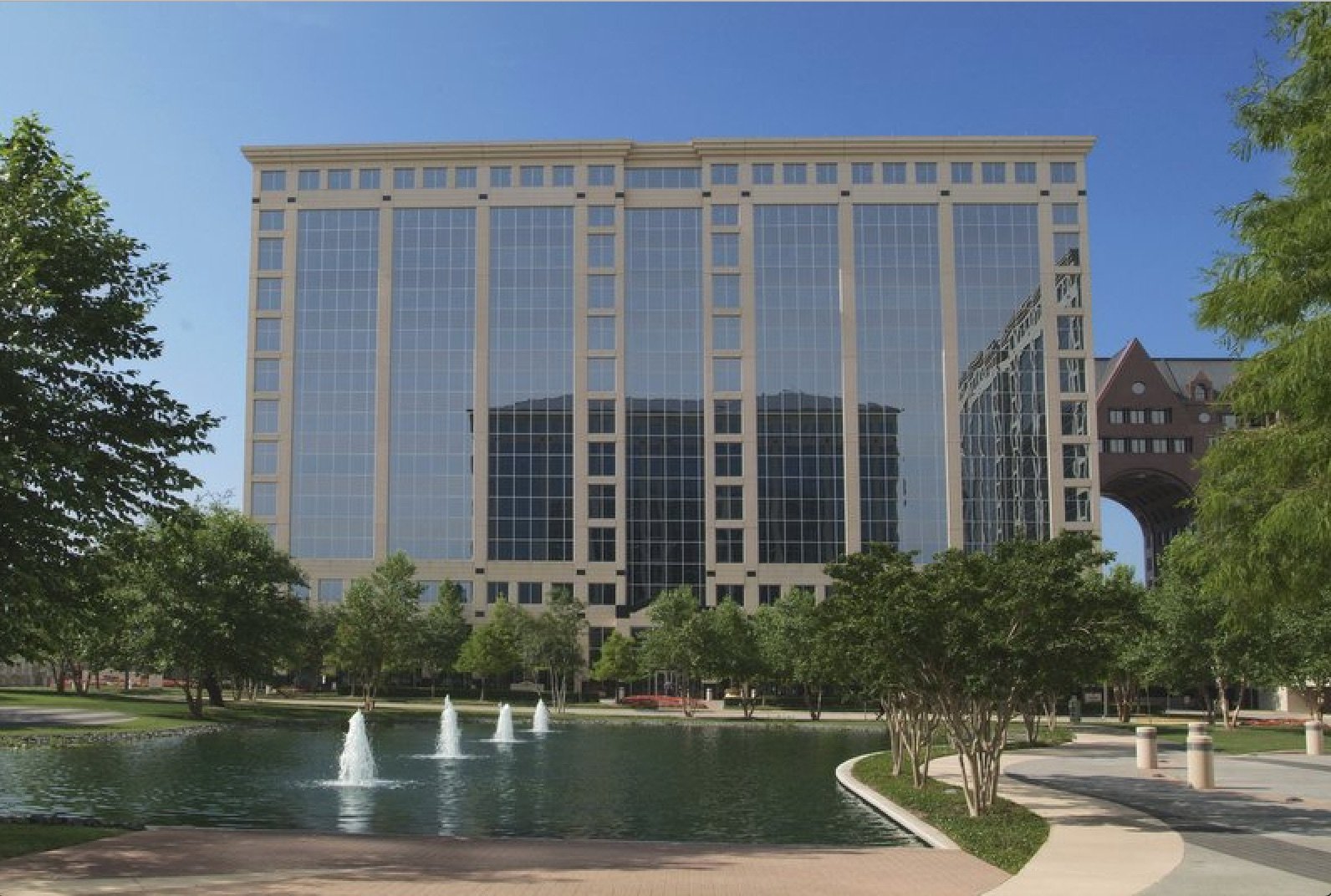Tenet Health made some bold moves at the end of 2020, acquiring a portfolio of surgery centers while announcing the sale of its platform of urgent care centers. The health system’s investment into the surgery centers grew its share of those facilities by 17 percent. The win: ambulatory centers are nearly four times as profitable as the company’s hospitals.
Tenet is acquiring 45 ambulatory surgery centers (ASCs) from SurgCenter Development, which will be run by United Surgical Partners International, a Tenet subsidiary. The centers focus on musculoskeletal surgeries and are located in Florida, Arizona, Maryland, Ohio, New Hampshire, Texas, and Wisconsin. There are eight in Texas and one in northeast Dallas.
The centers are physician-owned, and the deal allows Tenet to partially purchase the physician partners’ interests. The acquisitions cost Tenet $1.1 billion and the assumption of $18 million in debt. The equity divide will be 60 percent ownership by USPI, the remaining 40 percent owned by physicians. The transaction will bring the total number of surgery centers to 310 in 33 states.
Musculoskeletal interventions have become a growth industry as the United States ages. According to Science Daily, half of all adults have a musculoskeletal disease, and three of four people over the age of 65 do. Trauma, back pain, and arthritis are the most common issues. In 2016, Americans spent $380 billion on low back and neck pain and joint and limb pain, and other musculoskeletal disorders, or about two percent of the country’s total GDP.
According to Tenet data, surgery centers represented $2.2 billion in revenue in 2019, compared to $14.9 billion for its 65 hospitals. But the centers have a 41 percent profit margin, compared to a 10 percent margin for hospitals. Tenet said that ambulatory surgery centers grew 33 percent year over the year in 2019, and they expect 45 percent growth in 2021.
“This is a transformative transaction within our stated strategy to expand our ambulatory platform. It will enhance our overall business mix and further diversify our earnings profile by accelerating our shift toward the lower cost of care, consumer-friendly, faster-growing assets for Tenet, USPI, and our physician and health system partners,” said Ron Rittenmeyer, Tenet’s Executive Chairman and CEO via release. “The transaction is a testament to the caliber and quality of the SCD facilities, physicians and staff, USPI’s incredible performance, and both organizations’ quick recovery relative to the pandemic.”
A week after acquiring the surgery centers, Tenet offloaded its urgent care platform under the CareSpot and MedPost brands to FastMed Urgent Care. The urgent care centers were under the management of USPI as well. FastMed already has 104 locations in North Carolina, Arizona, and Texas, and the deal with Tenet will add 87 centers in Arizona, Texas, Florida, and California.
“We are excited to expand the reach of our services through the acquisition of CareSpot and MedPost’s highly regarded urgent care centers, and bring our unique model of high-quality, convenient, affordable, and compassionate care to more communities in our existing states, as well as in new ones,” said Web Golinkin, CEO of FastMed via release.
The two moves concentrate more of Tenet’s resources in the ambulatory surgery market, a quickly growing and profitable market. But having an operation at a surgery center rather than a hospital is a win for individual and government spending as well. Outpatient surgery centers are usually 40-60 percent less expensive than hospitals. If patients do all of their qualifying operations in a surgery center, the Department of Health and Human Services says that taxpayers save $15 billion and Medicare patients save $3 billion.
Some employers even incentivize their employees to get their operations at lower cost surgery centers, pay for their process, fly them to the qualifying centers, and put them up in a hotel with a per diem because of the savings.






